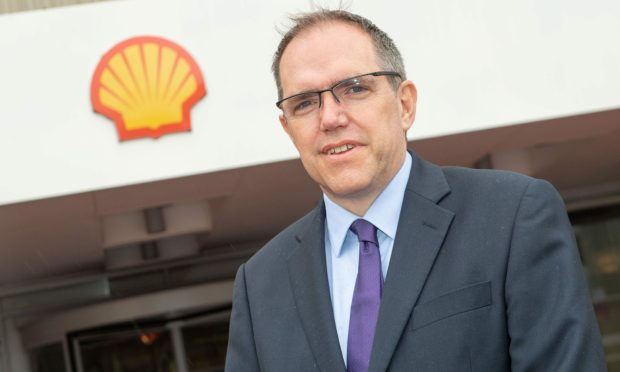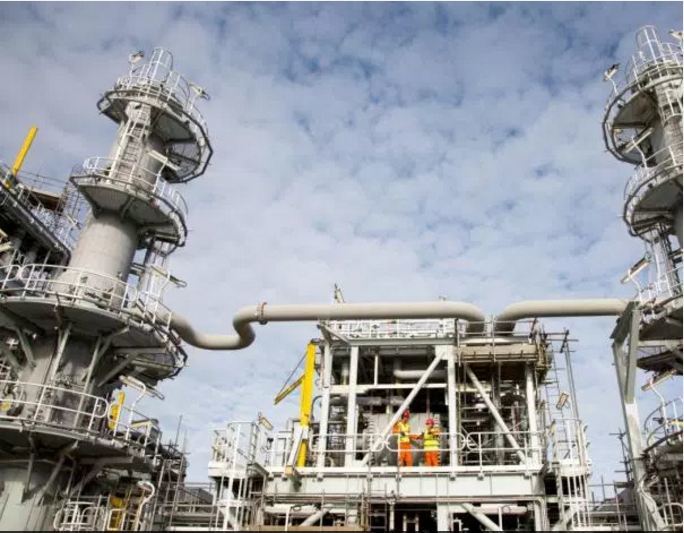The UK Government has approved plans by Shell to develop the Victory gasfield west of Shetland.
Regulator the North Sea Transition Authority (NSTA) granted development and production consent for the Victory field.
It comes after an environmental assessment and agreement from the Offshore Petroleum Regulator for Environment and Decommissioning, which concluded “there will be no significant effects on the environment”.
An NSTA spokesperson said: “The Victory project is expected to aid the UK’s energy security by providing domestically produced gas for UK homes and businesses, generate significant investment, create jobs, and make use of existing infrastructure as we transition.”
Development drilling and subsea installation work to start in Q2
London-listed Shell took 100% ownership of Victory, 29 miles north-west of Shetland, in 2022 after buying out Corallian Energy.
It plans to carry out development drilling and subsea installation activities from Q2 2024, with first gas expected from 2025.
‘Critical national resource’
Shell UK upstream senior vice-president Simon Roddy said: “The UK North Sea is a critical national resource, providing a steady supply of the fuels people rely on today and strengthening the country’s energy security and resilience.
“Continued investment is required to sustain domestic production, which is declining faster than the UK’s demand for oil and gas.”
According to its environmental statement, Victory has an estimated recoverable resource of 179 billion cubic feet of gas, equivalent to 7% of the UK’s annual natural gas consumption.
At its peak, the field is expected to produce enough gas to heat nearly 900,000 UK homes per year.
Greater Laggan tie-back
Discovered in 1977 by Texaco, Victory was picked up in the 32nd offshore oil and gas licensing round by minnow Corallian.
Shell plans to develop Victory as a single subsea tie-back well to TotalEnergies’ existing Greater Laggan Area infrastructure, via a new 10-mile pipeline.
The supermajor said Victory’s gas would be processed onshore at the Shetland gas plant before being piped to the UK mainland at St Fergus gas terminal near Peterhead.
What did Greenpeace say?
Charlie Kronick, senior climate advisor at environmental group Greenpeace UK, said the Victory field investment decision was “yet more evidence that Shell simply isn’t serious about preventing catastrophic climate change”.
He added: “By approving this project, the UK Government continues to shred what’s left of any reputation it had for climate leadership.”


Conversation